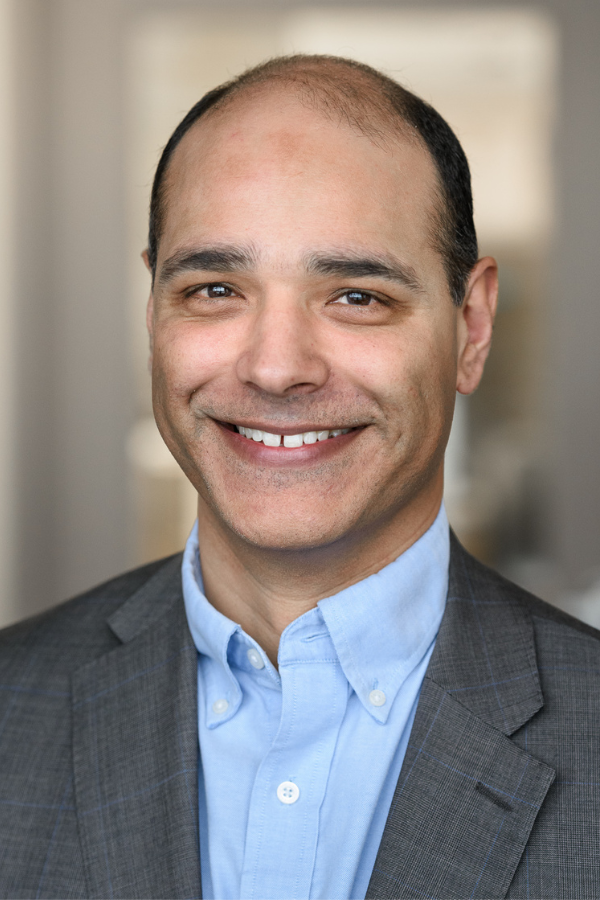
As a clinician, investigator and director of the Vaccine Evaluation Center (VEC) at BC Children’s Hospital, Sauder Family Chair in Pediatric Infectious Diseases and Associate Professor at the University of British Columbia, Dr. Manish Sadarangani has become even busier since the start of the COVID-19 pandemic. To help recognize National Immunization Awareness Month, he answered our questions about his life and work.
What made you want to study medicine?
Even as a child, I was interested to learn how the body works and why and how things happen. I’ve always been interested in science and enjoy meeting people from all walks of life.
What motivated you to specialize in infectious diseases?
All through medical school I enjoyed the concept of humans versus germs and this ongoing evolutionary battle where you’ve got both sides trying to evolve, grow stronger and fight. In general, I’ve always been a big believer of trying to prevent things rather than trying to fix them once you have them.
Maybe prevention isn’t possible for every condition, but certainly for infections we have vaccines, which have been such an incredible discovery over the last 100 years.
Why did you pursue pediatric medicine?
I’ve always enjoyed being amongst children. Even when I was a teenager, I enjoyed looking after younger kids and cousins. I went to medical school in the U.K. and loved my pediatric rotation the most. I spent four weeks of this rotation in Toronto at SickKids and really, really enjoyed everything about it.
As I’ve gone through pediatrics, I’ve enjoyed the fact that you’re making a difference. When you’re making a diagnosis in kids, you’re having an impact that lasts for decades in these children’s lives.
What made you want to pursue research in addition to being a clinician?
A lot of the patients and families I see have questions. There’s a lot in pediatrics that we don’t know and I value having the opportunity to discover the answers. As my career has gone on, I’ve enjoyed having clinical work, research and teaching as different things to keep me occupied and out of trouble.
What don’t people understand about your job?
It may be hard for some to appreciate the work that goes into balancing clinical and research work, as well as working in different kinds of research. I do clinical trials and other types of clinical studies but also lab-focused research and epidemiologic research. I often have back-to-back meetings throughout the day. The challenge of having to quickly and continually switch from one role to another may be difficult to fully appreciate.
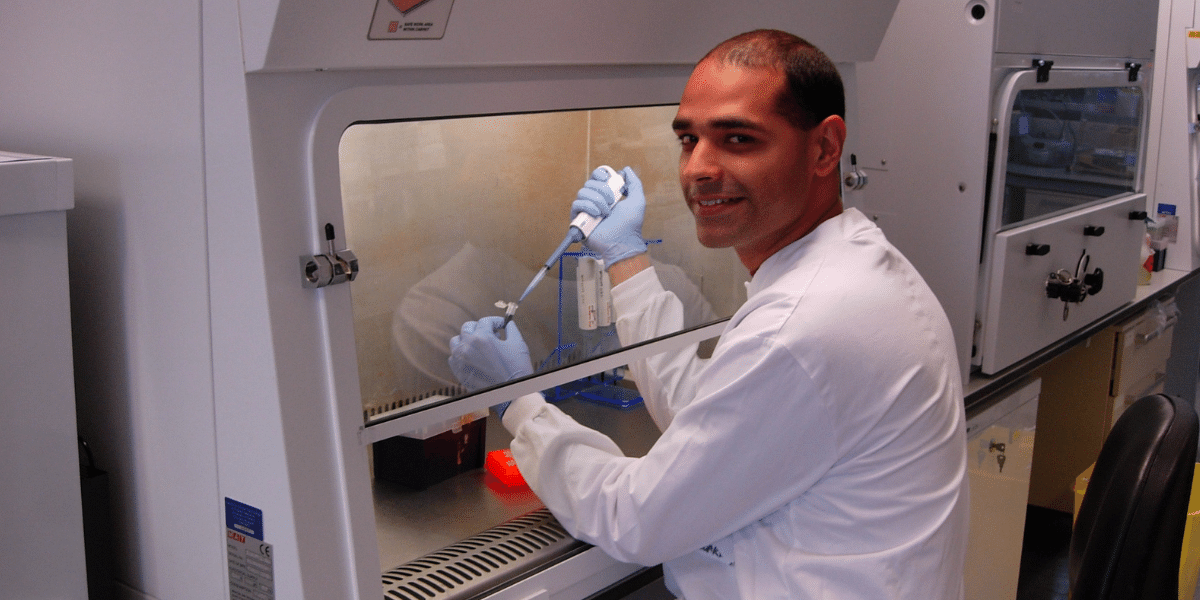
What was your work like pre-pandemic versus pandemic?
Things have just exploded.
At least half of the work that we do, if not more, is COVID-related. We’ve massively expanded the size of the Vaccine Evaluation Center. We’ve gone from having around 30 investigators, staff and students, to having 80 to 90 people.
There are a lot more people and projects to keep on top of, and then you have people working remotely. Ensuring that all of that is working smoothly and all the communication is still happening as it should and making sure that I’m still keeping on top of all the projects has been challenging.
What have been your most significant COVID-related findings?
We did some work really early on looking at the intentions of families to get COVID vaccines, well before the vaccines were available. Once vaccines were available for kids, we were able to share that information and it helped locally with the rollout and where there might be areas to work on the messaging, knowing what drove people to get vaccinated.
We also did important work on trying to estimate the amount of infection that’s been in B.C. for COVID and work looking at the transmission of COVID in different settings, and highlighting that schools do not pose a significantly higher risk of transmission than other settings. We tried to reinforce those findings to support the policies around schools.

What’s the most challenging aspect of your COVID-19-related research?
We’ve had to change study protocols many times to reflect changes in health policies, vaccine availability and vaccine policies. We’ve had to make sure the science we’re doing is timely and that we are able to communicate our findings to the right people while it's still relevant.
Is there anything you wish people who are vaccine questioning could better understand?
Everyone has different questions, so it’s really hard to have a single one-size fits all approach. In an ideal world, it would be great to be able to engage with a lot of these people one-to-one and give them an opportunity to speak to knowledgeable experts, whether that’s public health or pediatricians or family physicians. From my experience in the clinic, once you answer people’s questions one-to-one, they are much better informed and usually happy to get vaccinated, or at least they have a better basis for their decision-making. But in health care it’s impossible to provide that for everyone, so we’re trying really hard to communicate at a population level and make sure that everyone is putting out consistent messaging.
Has the pandemic changed the esteem for your work?
It’s definitely given vaccine research and vaccines a much higher profile, which is positive. People now realize all of the complexities of developing and evaluating vaccines for different age groups, making sure they work, making sure they’re safe and planning a vaccine program.
What’s been the most rewarding aspect of your work since the pandemic started?
Being able to contribute to the pandemic response here in B.C., in Canada and internationally, being able to do work that helps people make decisions and help design better use of the vaccines that we have has been fantastic.
What do you expect the challenges with COVID-19 will be moving forward?
We’re clearly going to have to live with this virus for the foreseeable future. It hasn’t quite settled down into some sort of pattern that’s predictable. In the short term, we’re going to have to continue to be flexible and responsive and make sure that we don’t dismantle everything that’s been put in place to deal with it. But at the same time, we also need to get on with everything else in life and health care, so it’s just going to be a bit of a balancing act.
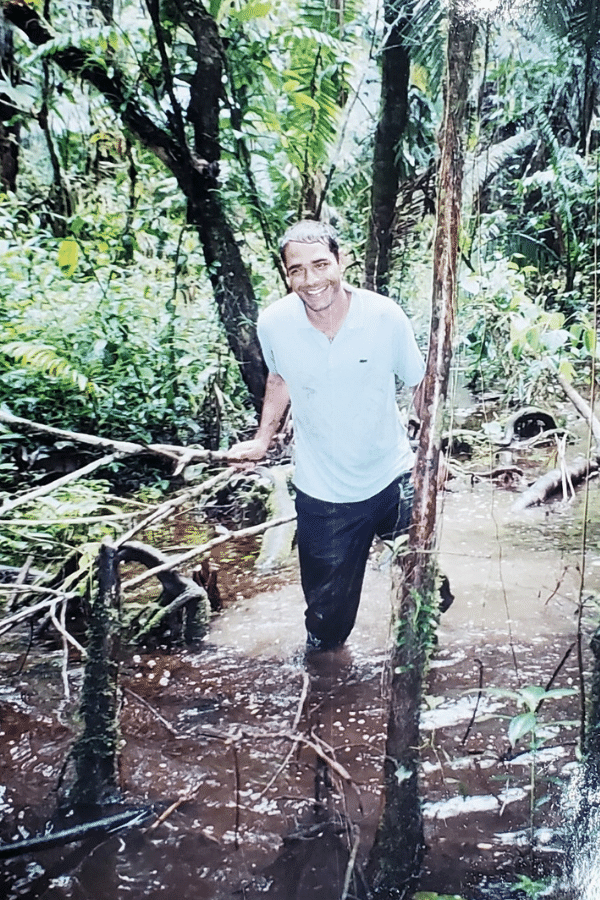
What big COVID-related studies do you continue to work on?
We’re still doing vaccine trials, looking at boosters and researching different combinations of vaccines. We’re continuing longer-term followup of children and adults who’ve had previous infection and vaccination to understand how their immune responses change over time, giving us a much better understanding about immunity to COVID-19.
What are you working on that’s not COVID-related?
We’re doing a lot of work around different bacterial vaccines, meningococcal, pneumococcal vaccines, and also working on vaccines against antibiotic-resistant bacteria, which is a major health-care problem, and a lot of work with HPV vaccines.
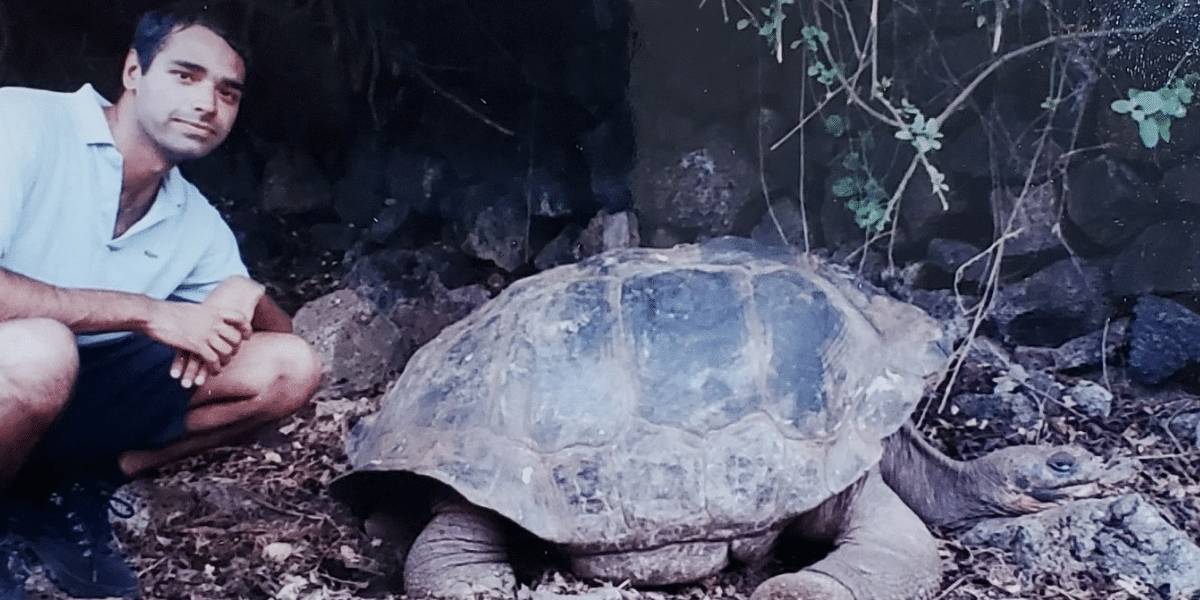
What do people not know about you?
I spend a lot of time travelling the world and doing some really cool things, swimming with sharks, scuba diving in the Great Barrier Reef, eating ants in the Amazon.
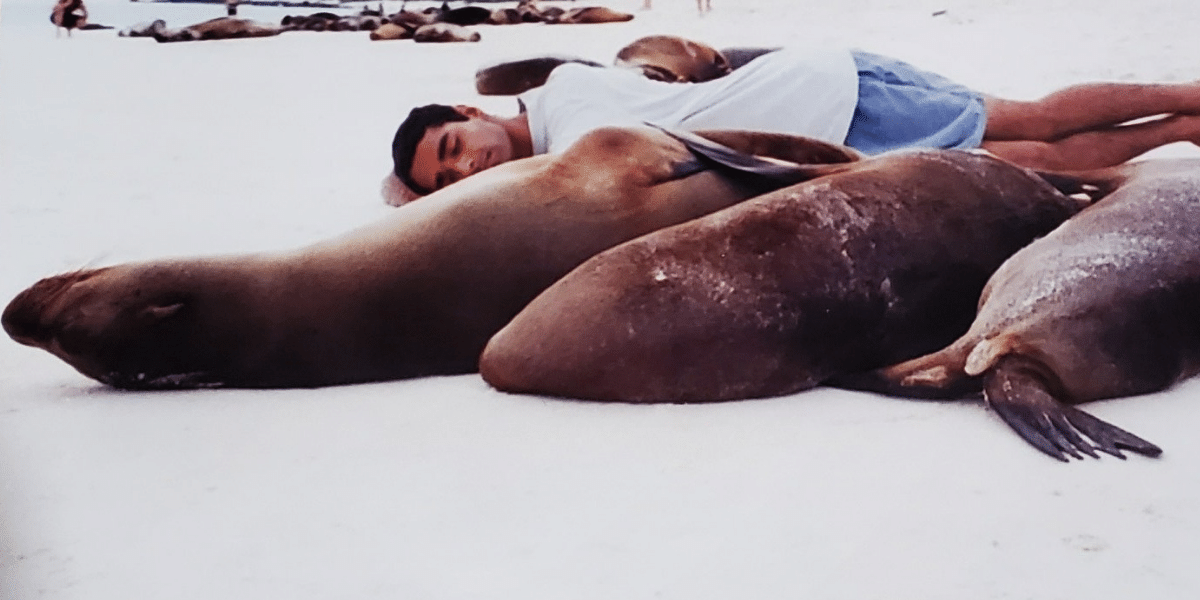
What keeps you going?
Being able to do science that’s relevant for people and seeing the staff and the students at Children’s Hospital, the Vaccine Evaluation Center and UBC grow and move forward in their careers keeps me motivated. My family keeps me going emotionally, my wife — Dr. Claire Seaton, an investigator and pediatrician at BC Children's — and my three kids.
Read more stories that include Dr. Sadarangani:
Children are entering a fourth school year in a pandemic: Expert advice for parents
New national study to evaluate mixing and matching COVID-19 vaccines




